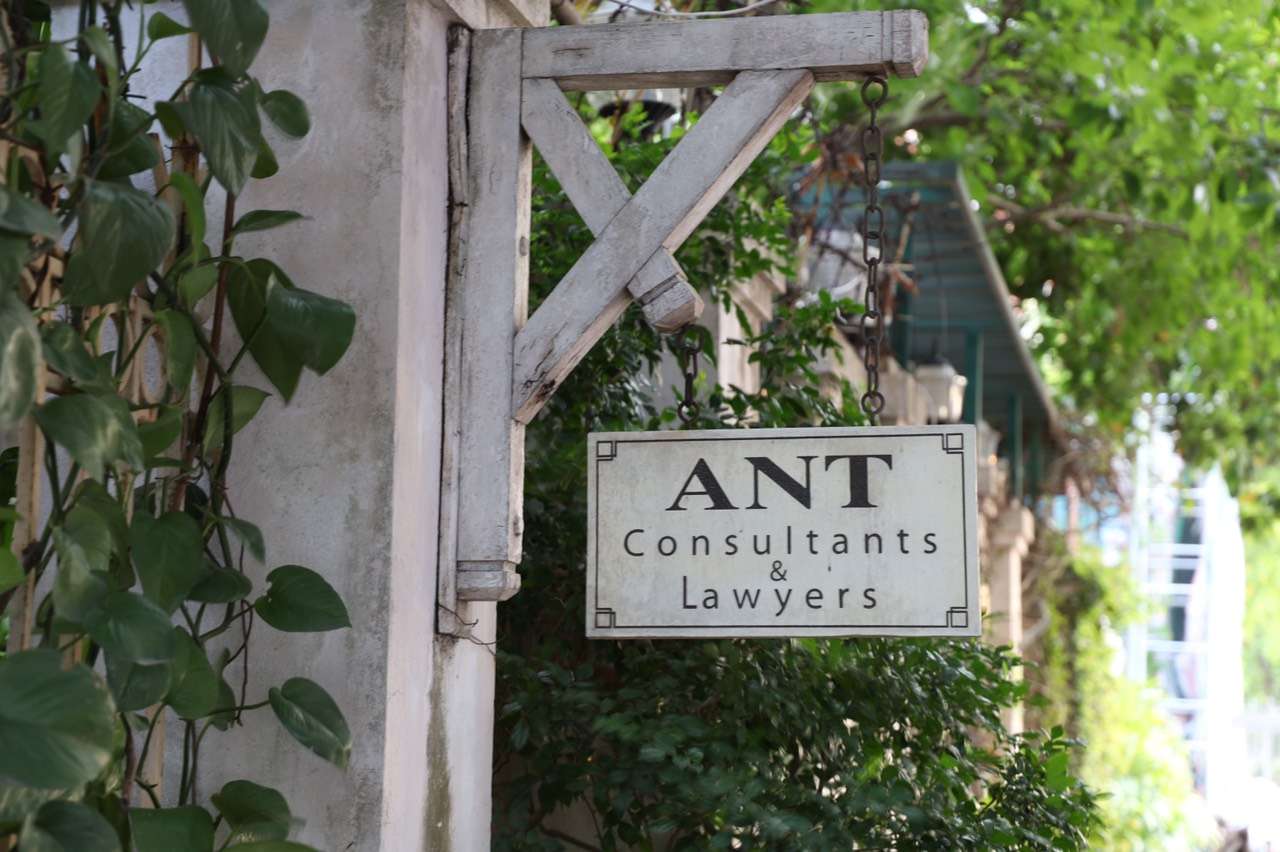Real estate dispute lawyers in Vietnam discuss land disputes
In Vietnam, land
disputes, real estate disputes, and property disputes are among the most
complicated disputes that frequently arise in everyday life. Settling these
sorts of debates could take time and the land question legal counselor in
Vietnam could assist with distinguishing the underlying drivers and propose
reasonable methodology for mollification and settlement.
What types of land
disputes in Vietnam?
Land, real estate, and
property disputes typically involve high stakes and a wide range of topics,
including disputes over land use rights, ownership of property tied to land use
rights, rights to land use rights derived from inheritance, property division
disputes during divorce, disputes over transfer and transformation
transactions, leasing, subleasing, and mortgages tied to property or land use
rights.
What
are land disputes in Vietnam?
A land use right
dispute is a disagreement between two or more parties in a land use right
relationship regarding the rights and responsibilities of land users.
What should the parties
do to resolve a dispute over land? There are two ways in which a land dispute
can be resolved: in court or through settlement procedures at state
administrative agencies.
Firstly, for some sort
of land questions, placation strategy at commune-level People’s Committee of
the locality a where the contested land is found is obligatory condition and
method.
Specifically, on the
off chance that placation by parties can't be accomplished, the gatherings
might send a request for pacification to he commune-level People’s Committee of
the locality where the contested land is found.
When a petition for
resolving a land dispute is received by the commune-level People's Committees,
the conciliation process must be completed within 45 days. Only when all of the
disputing parties are present can the conciliation take place. On the off
chance that any of the questioning gatherings is missing for the subsequent
time, the appeasement will be viewed as ineffective.
The
following two cases will be used to settle the land dispute in the event that
conciliation at a commune-level People's Committee fails:
-The
land, first and foremost, debate in which the party has an endorsement or any
of the papers recommended in Article 100 of Land regulation and the
disagreement regarding resources connected to land will be settled by People’s
Court.
Second, in the case of
a land dispute in which neither party possesses the aforementioned documents,
the parties have a choice between the following two approaches to settlement:
recording a composed solicitation for question settlement with a competent
People’s Committee or documenting a claim with a competent People’s Court in
accordance with the law on civil procedures.
In the second case, the
chairperson of the competent People’s Committee is in charge of resolving
disputes between households, individuals, and communities when the party
chooses to settle at a competent People's Committee. In accordance with the law
governing administrative procedures, the parties can either file a claim with
the chairperson of the provincial-level People's Committee or sue in a People's
Court if they are dissatisfied with the settlement decision.
In the event that one
party is an association, a strict establishment, an abroad Vietnamese or an
unfamiliar contributed undertaking, the executive of the common level People’s
Committee is liable for the settlement. In accordance with the law governing
administrative procedures, the parties have the right to file a claim with the
Minister of Natural Resources and Environment or a lawsuit with a People's
Court if they are dissatisfied with the settlement decision.
It ought to be noticed
that the lawfully compelling choice on question settlement should be completely
maintained the gatherings. Assuming the gatherings neglect to go along, the
choice will be authorized.
The
following grounds shall be the basis for the settlement of land disputes in
which the disputing parties do not possess a certificate or any of the
documents required by the Land Law or the Decree detailing a number of articles
of the Land Law:
-The disputing parties'
evidence regarding the land's origin and use process;
-Actual land areas that
are currently occupied by the parties in addition to the land area that is in
dispute and the average land area that is shared by each household in the area;
-Conformity of the
disputed land's current use status with land use plans that have been approved
by competent state agencies;
-Particular treatment
arrangements toward people with worthy administrations to the State; Land use
rights recognition, lease, and allocation regulations.
How
real estate dispute lawyers in Vietnam could help?
The people of Vietnam
do not own land. Land use rights can
only be purchased and sold. As previously stated, the complexity of Vietnam's
land law and related regulations, as well as the country's long-standing
culture of land use, could complicate disputes involving real estate, land, and
property.
A mandatory condition
and procedure for some kinds of land disputes is that they must be resolved at
the commune-level People's Committee of the locality where the disputed land is
located. The parties to other kinds of property and real estate disputes could
immediately file a claim with the court. It might be difficult to differentiate
between dispute resolution methods. In order to avoid or resolve a dispute, it
is recommended to consult a real estate dispute lawyer in Vietnam for early
guidance and representation.





.jpg)
.jpg)
.jpg)
.jpg)
.jpg)
.jpg)
.jpg)
.jpg)
.jpg)
.jpg)
.jpg)

















